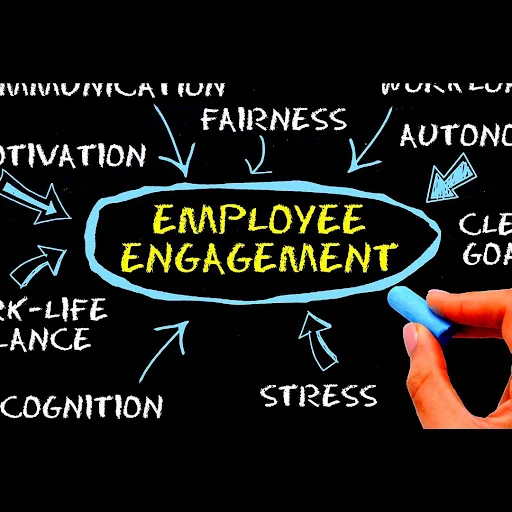What is employee engaement
Employee engagement refers to the level of commitment, enthusiasm, and emotional connection that employees have towards their work and the organization they work for. It is a measure of how invested and motivated employees are to contribute their best efforts and actively participate in achieving organizational goals.
Engaged employees are passionate about their work, have a sense of purpose, and feel valued by their organization. They are more likely to be loyal, productive, and willing to go the extra mile to ensure the success of their team and the organization as a whole.
Employee engagement encompasses various factors, including:
Job satisfaction: Employees who are satisfied with their work environment, job roles, and opportunities for growth are more likely to be engaged.
Communication: Open and transparent communication channels between management and employees foster engagement by creating a sense of trust, involvement, and shared purpose.
Recognition and rewards: Acknowledging and appreciating employees' contributions through recognition programs and appropriate rewards can significantly enhance engagement levels.
Development and growth: Providing opportunities for learning, skill development, and career advancement demonstrates an organization's investment in its employees' professional growth and fosters higher engagement.
Work-life balance: Supporting employees in achieving a healthy work-life balance through flexible work arrangements and appropriate time off contributes to higher engagement levels.
Organizational culture: A positive and inclusive work culture that values diversity, encourages collaboration, and promotes a sense of belonging enhances employee engagement.
Why is employee engagement important?
Employee engagement is crucial for several reasons:
Productivity and performance: Engaged employees are more focused, motivated, and committed to their work, leading to higher productivity levels and improved performance.
Retention and loyalty: When employees are engaged, they are more likely to stay with the organization, reducing turnover rates and the associated costs of recruitment and training.
Customer satisfaction: Engaged employees provide better customer service as they are more attentive, responsive, and invested in meeting customer needs.
Innovation and creativity: Engaged employees are more likely to contribute innovative ideas, collaborate with their colleagues, and take risks, fostering a culture of creativity and continuous improvement.
Organizational reputation: A highly engaged workforce enhances the organization's reputation as an employer of choice, attracting top talent and positively influencing its brand image.
Overall, organizations that prioritize employee engagement create a positive work environment where employees feel valued, motivated, and empowered, resulting in improved performance, higher retention rates, and long-term success
